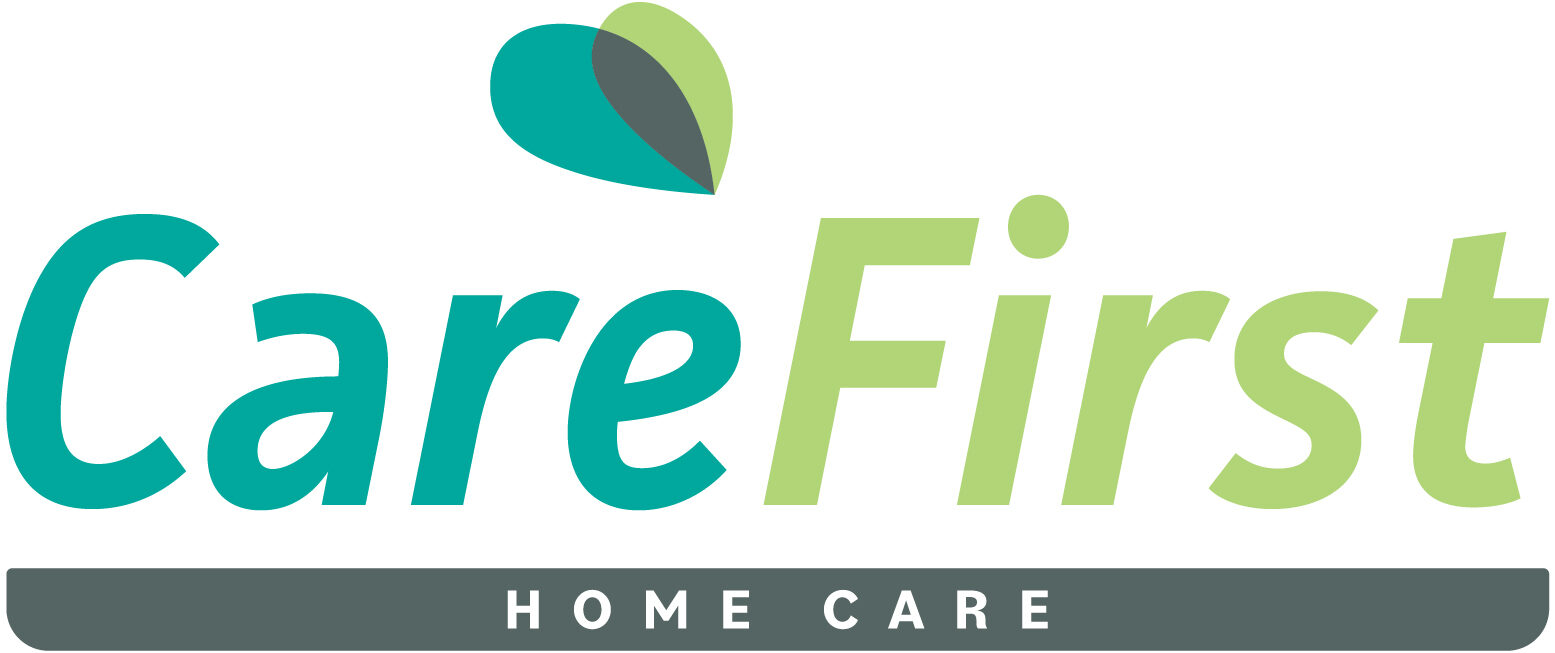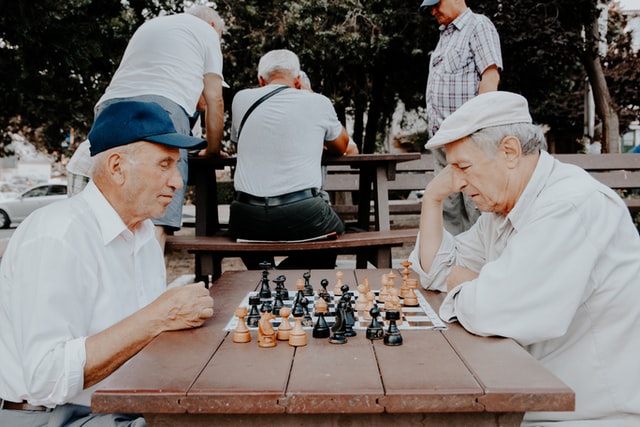It’s something none of us want to hear: our loved one has Alzheimer’s Disease. But unfortunately, many of us will hear those words, and life will not stop just because we aren’t sure what to do next. So what happens after an Alzheimer’s diagnosis? What can you expect? Keep reading to find out.
Immediately After
After your loved one’s doctor shares the diagnosis with you, he or she will go on to explain why they believe they are seeing Alzheimer’s Disease specifically. The doctor will also tell you where they believe your loved one is in the progression of the disease, and what you can expect to see at certain points in the future.
It’s important to ask questions at this stage, but realistically, your mind may not be capable of forming coherent questions in the heat of the moment. If that’s the case, be sure that you find out whether or not the doctor giving the diagnosis will be managing your loved one’s care going forward, and if not, who that doctor will be. You can always contact them later with questions as you think of them.
In the Following Weeks
A good support network will be essential for you and your loved one as you both process the diagnosis. Below are some resources for you to reach out to.
· Alzheimer’s Association 24/7 Helpline: 1-800-272-3900
· The Alzheimer’s Association online community
· Your local chapter of Alzheimer’s Association
If you have friends whose elderly loved ones have suffered from Alzheimer’s, now is the time to reach out and tell them what’s going on. You’ll want people around you who know how you feel and can empathize with your new normal, and it’s essential to start building this support system early on.
Down the Road
Before your loved one progresses too far in their Alzheimer’s journey, it is important to plan for their future long-term care. This will enable your loved one to make their wishes known about medical care, living arrangements, and more.
Consider In-Home Care after the Alzheimer’s Diagnosis
If receiving a diagnosis of Alzheimer’s is difficult, having to move your loved one into a skilled nursing facility can be even more devastating – especially if they don’t want to go. Consider an alternative: in-home care.
With in-home care, your loved one can continue to live in their own house, where things are comfortable and familiar. CareFirst offers supportive services, personalized assistance, and health care designed to help with the activities of daily living. Contact us today for more information on how we can give your loved one the best quality of life possible.


